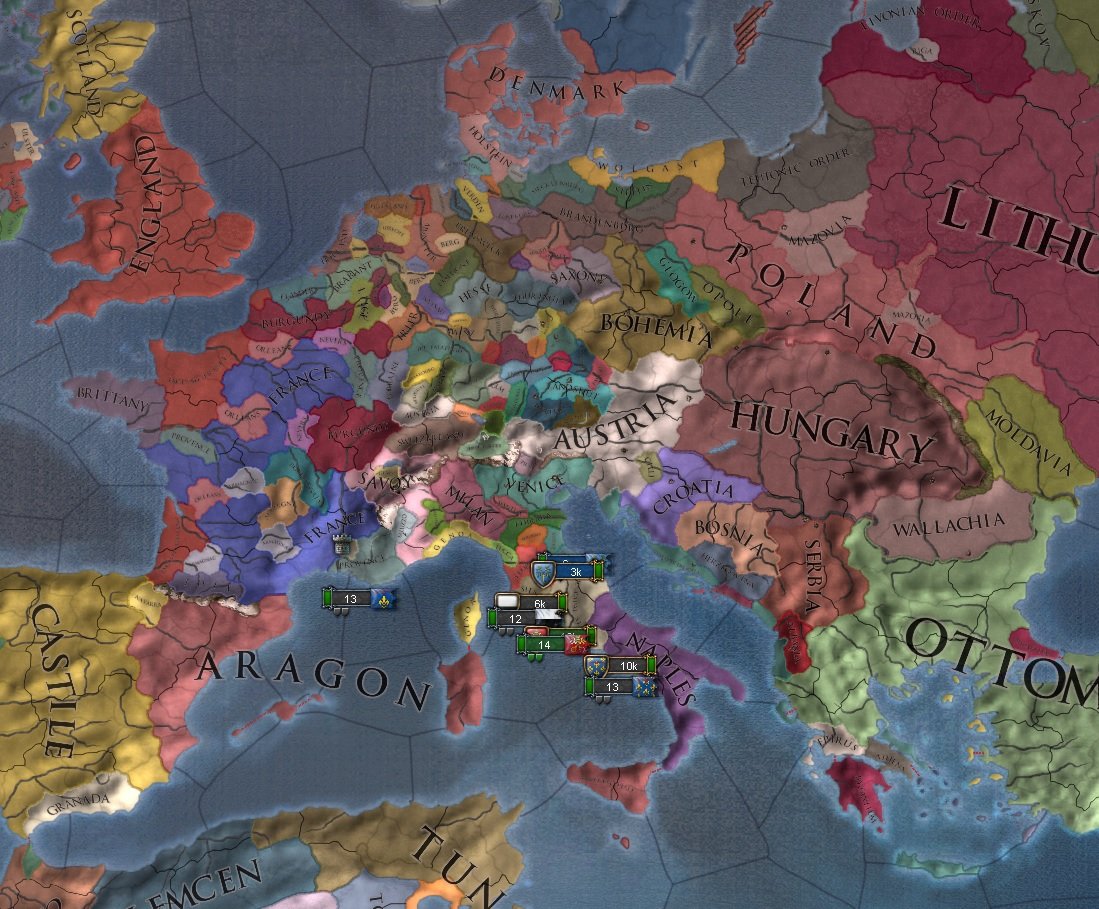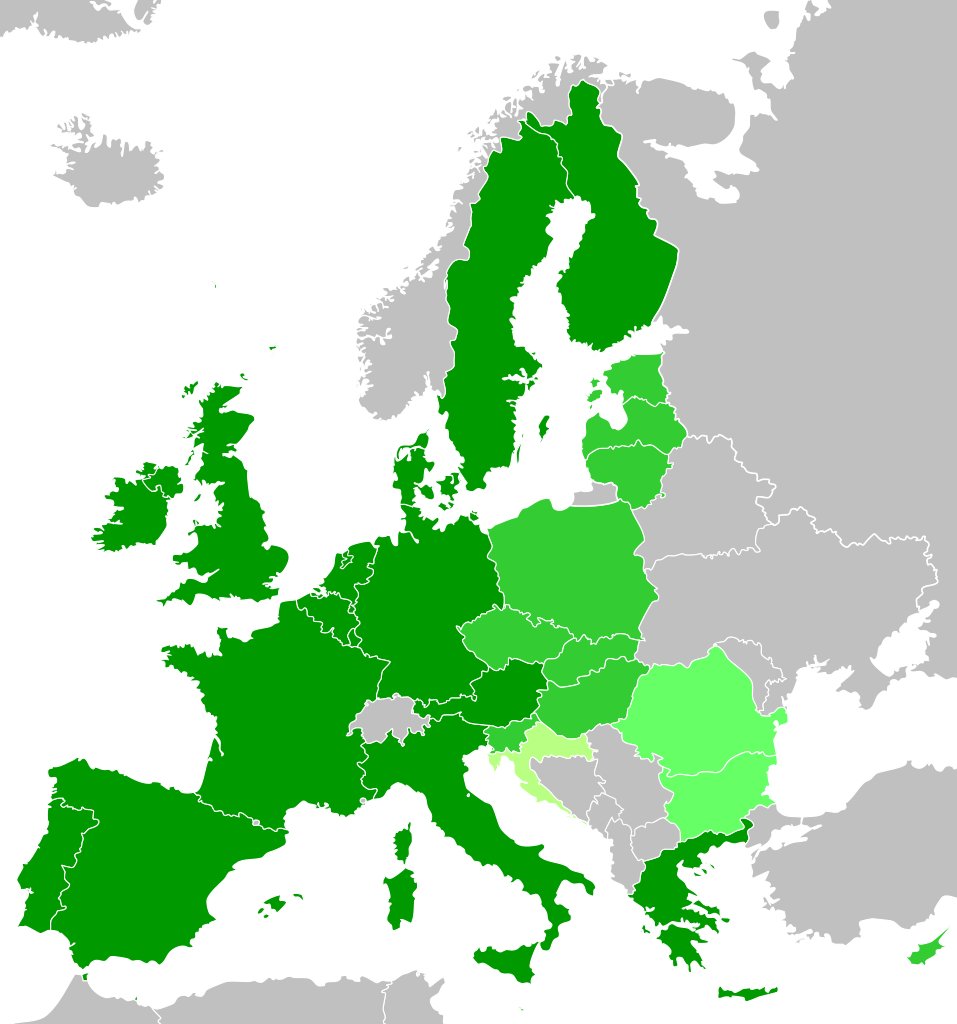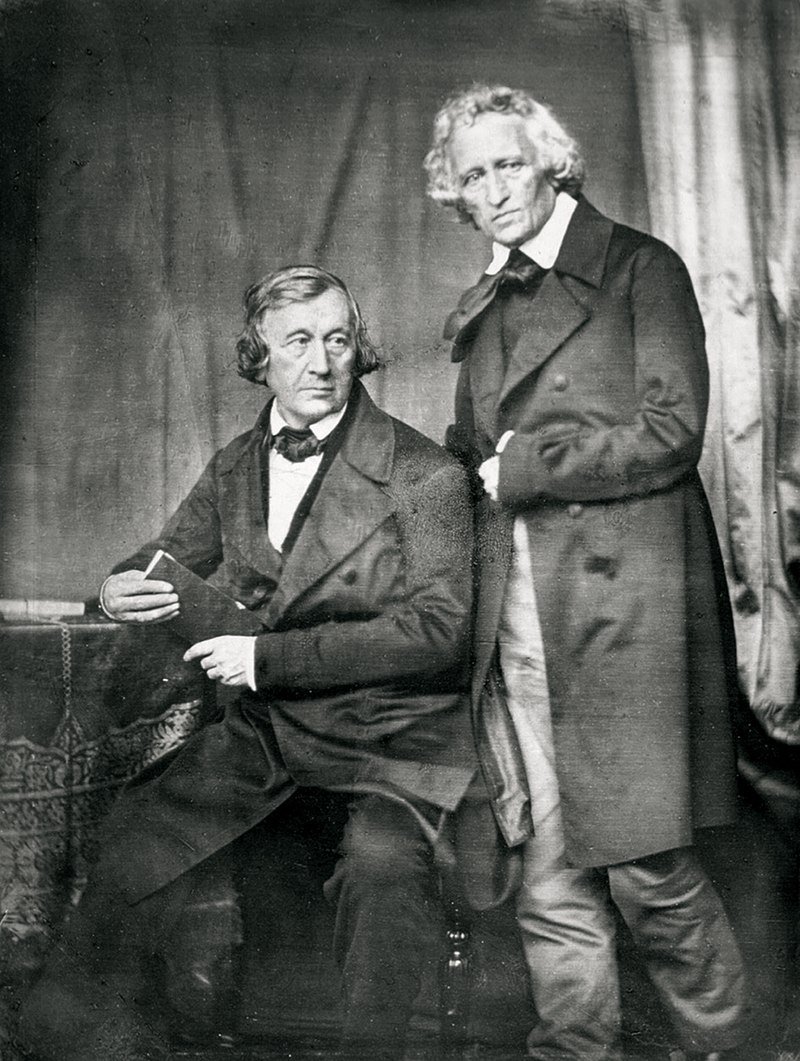Recently talk has returned to expansion of Europe. There has been a consistent move to deal with the Western Balkans to promote European values there and to prevent it being a running sore or a extralegal hell under Chinese or Russian influence. Accession is part of that.
2
2
There has been the recent astonishing progress along the accession path of Ukraine, which will entail enormous changes to how Europe functions
3
3
https://twitter.com/Mij_Europe/status/1676174195493941248?s=20
And there is the constant pressure for the UK to join to eliminate the disaster that is Brexit, pressure coming from an enormous, organised and growing pro-European accession movement.
4
4
https://twitter.com/euromove/status/1677032486549766144?s=20
This will require a response from Europe, ultimately.
Essentially, it will come down to what shape do we want Europe to be? Where should it begin and end.
This thread will focus mainly on the UK (Ukraine and WB another day)
5
Essentially, it will come down to what shape do we want Europe to be? Where should it begin and end.
This thread will focus mainly on the UK (Ukraine and WB another day)
5
Because a polity, even one as successful as Europe, is not infinitely elastic, decisions have to be made.
There are two useful concepts from the game Europa Universalis 4 that use this.
Core: areas that are integrated and cause less issues for your state.
6
There are two useful concepts from the game Europa Universalis 4 that use this.
Core: areas that are integrated and cause less issues for your state.
6

And overextension: the harm to your state caused by expanding too quickly.
(analogous to absorption capacity in Bxl-speak)
7
(analogous to absorption capacity in Bxl-speak)
7

This gets across very well the tension facing Europe in its neighbourhood policy goals:
- strategically it makes sense to expand and bring peace and prosperity to neighbours, stopping them come under the thumb of authoritarians, which improves our security and prosperity
8
- strategically it makes sense to expand and bring peace and prosperity to neighbours, stopping them come under the thumb of authoritarians, which improves our security and prosperity
8
- but every expansion stretches the elasticity of Europe. Does it have the capacity - money, institutional functioning, strength of core values, etc. - to absorb a new state, or will that lead to overextension, harming Europe itself?
9
9
To give an easy to understand example, admitting Russia right now would fracture Europe owing to all the problems it would introduce. Admitting Iceland would barely be noticed as it would fit in so easily.
10
10
This debate has been constant and repeating throughout the history of Europe and in the expansion of its institutions.
Most obviously, the 2005-07 big bang expansion.
11
Most obviously, the 2005-07 big bang expansion.
11

Some states felt that expansion should be put off and the institutions should be strengthened and integration deepened prior to this.
Others felt a strategic imperative, even a historical debt to Central Europe.
12
Others felt a strategic imperative, even a historical debt to Central Europe.
12

The latter view won out. This has caused overextension problems: respect for the rule of law has not been unanimously observed, damaging Europe; lawmaking has been made harder owing to more diverse interests; and Treaty change has been made very hard as a result.
13
13

But the positives outweigh that, imo: Central European states have become much richer, have greatly contributed to Europe, and have made us all more secure.
Poland is not like Belarus and Slovakia does not have Moldova's problems for a reason.
14
Poland is not like Belarus and Slovakia does not have Moldova's problems for a reason.
14

The debate, albeit an internal one, also took place around the euro. Should it be a "strong euro" with Germany, and its neighbours only? or should it include Southern states?
15
15
Europe chose the expansive version. That was a major sacrifice on the part of the wealthier states. But it greatly reduced overextension problems and produced a coherence within Europe that has endured and grown since then, despite crises and other bumps in the road.
16
16

It has become a dominant world currency and a core of Europe and European identity.
17
17
The third example comes from much further back, pre-dating Europe, but is, I feel, extremely relevant to the current situation.
It is the German Question.
18
It is the German Question.
18
Germany has existed as a concept (and sometimes as a state) for centuries.
But it has been very fluid. It is hard to imagine but at one point Burgundy was a core German territory.
19
But it has been very fluid. It is hard to imagine but at one point Burgundy was a core German territory.
19

As we reached the 19th century, the debate about what was and was not Germany raged, energised by the humiliations of the Napoleonic invasions and by national movements determined to create a German national consciousnees through things like literature, and ultimately a state
20
20

Loads of institutions were set up as Germany moved toward reunification.
Interestingly, given debates today, one of those was a customs union (the green and yellow below).
21
Interestingly, given debates today, one of those was a customs union (the green and yellow below).
21

There were obvious tensions. Places like Poznan (Posen) and Lviv (Lemberg) were ruled from German-speaking capitals (Berlin and Vienna). Should they form part of a German state? Or would this render the state incoherent?
22
22
The two dominant states in the German Confederation (red line in the map) towards the end were Austria and Germany.
The question was, should the new German state include all these lands or not?
23
The question was, should the new German state include all these lands or not?
23

In the end, led by Bismarck and Prussia, Austria was expelled. The German state was formed. Bismarck saw this as more coherent (protestant, Germanophone, industrial, Northern, easier governance, and without the malign influences of Rome and the Latin world.
24
24
We are told constantly how much of an advantage it would be to Europe to have the UK as a member.
Strategically it would be like the expansion to Eastern Europe, locking in our values in the UK and stopping it coming under the sway of China or Russia.
25
Strategically it would be like the expansion to Eastern Europe, locking in our values in the UK and stopping it coming under the sway of China or Russia.
25
But would it also bring with it tensions - a largeish state with a non-European focus, with a transactional relationship, with a history of disruption of blocking integration - which might ultimately lead to Europe becoming ungovernable?
26
26
That is ultimately the decision for Europe about UK accession (and other states). Does it benefit us? Or can we do without it?
27
27
If not, then there is the EEA siding maybe available?
If yes, then show the commitment to Europe and our values, the four freedoms, the euro and Schengen.
28
If yes, then show the commitment to Europe and our values, the four freedoms, the euro and Schengen.
28
• • •
Missing some Tweet in this thread? You can try to
force a refresh

 Read on Twitter
Read on Twitter











